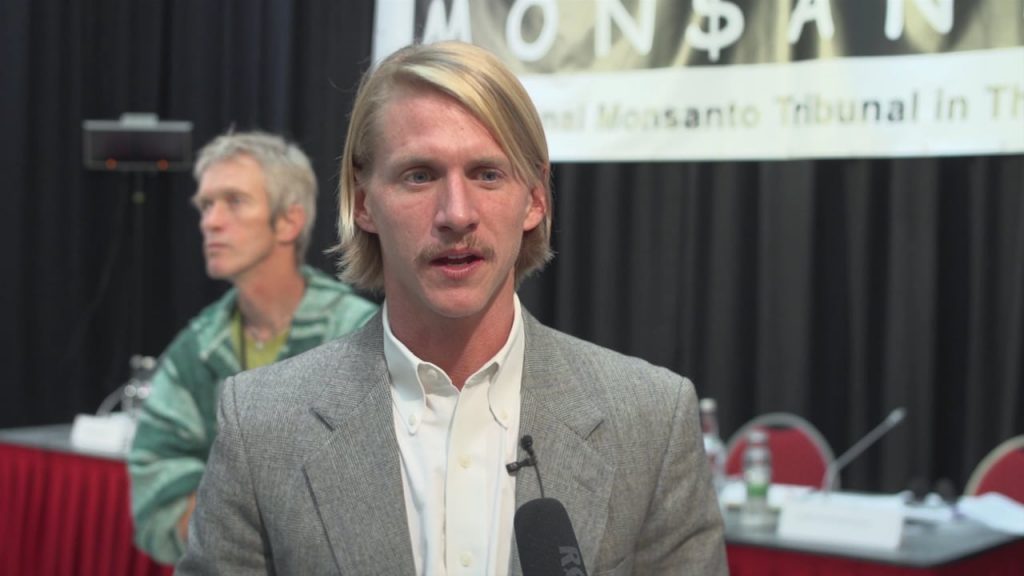
Late last year, we covered the criminal case against Virginia-based attorney Timothy Litzenburg and his partners.
He was accused of approaching an international agrochemical company, presumably Bayer, the parent company of Monsanto, and threatening to weaponize the media and courts against them unless they gave his law firm $200 million.
The aim was to use recent verdicts to claim glyphosate, a key ingredient in Monsanto’s Roundup, is a dangerous carcinogen, even though hundreds of studies by reputable bodies, including the FDA, have said there is no evidence for that claim.
In court, it was revealed that Litzenburg’s firm threatened Monsanto by pitching them a massive “consulting agreement” that would make future cases against them from the firm invalid because of the conflict of interest. The hope was that the company would back down and the lawyers would make off with a huge payday.
Last Friday, Timothy Litzenburg, of Charlottesville, and his partner, Daniel Kincheloe each pleaded guilty to extortion after a short trial. They will face sentencing in September.
Litzenburg and Kincheloe also admitted that after making their demand for $200 million from the company, they registered a Virginia corporation for the purpose of receiving money from the company, and that they agreed to split the funds among themselves and their associates, and to not distribute any of the money the company paid them as purported “consulting fees” to their existing clients. Litzenburg and Kincheloe admitted that after making their demand for $200 million, Litzenburg threatened that they and others would commence litigation that would become “an ongoing and exponentially growing problem for [Company 1], particularly when the media inevitably takes notice[,]” and that such litigation would cost Company 1 and its publicly-traded parent company “billions, setting aside the associated drop in stock price and reputation damage.”
WHSV
This case is important because it peels back some layers on our nation’s vastly complicated tort or injury legal system, a pernicious cyclone of veiled threats, millions of dollars, unethical standards, and huge settlements to lawyers that often leave truly injured plaintiffs in the dust.
The incentives that exist in the American legal system make it possible for virtually any legal firm to trump up a case against companies or individuals. Often times, companies will choose to settle these cases for large amounts rather than have the case gain publicity, even if there was no actual harm or injury.
In a sense, the bigger a company is, the more likely they are to have a target on their back, no matter the claim that is brought up in court.
Though there are plenty of legitimate tort cases in which people have been harmed, there are just as many that are just outright frivolous and have no legal merit. Just think of the various cases against Google Maps because people took a wrong route and were struck by a car, or against Burger King because it’s meatless burgers aren’t really “vegan”.
Because the number of cases that can be heard by judges and juries is limited in a given year, the existence of these types of cases means that other cases, with real greviences won’t get heard.
And even if cases with real harms are eventually brought to court, it’s highly likely the plaintiffs will only receive a fraction of their deserved restitution.
It’s a system that overwhelmingly benefits injury lawyers at the expense of those they are supposed to represent.
Earlier this year, an analysis of large class-action lawsuits compiled by the law firm Jones Day found that that class members received an average of just 23 percent of eventual payouts — sometimes in the billions of dollars — and close to two-thirds went straight to lawyers instead.
These large settlements end up costing companies and the consumers that suffer from higher prices, not to mention the hundreds of potential plaintiffs who are not able to have their civil cases quickly heard.